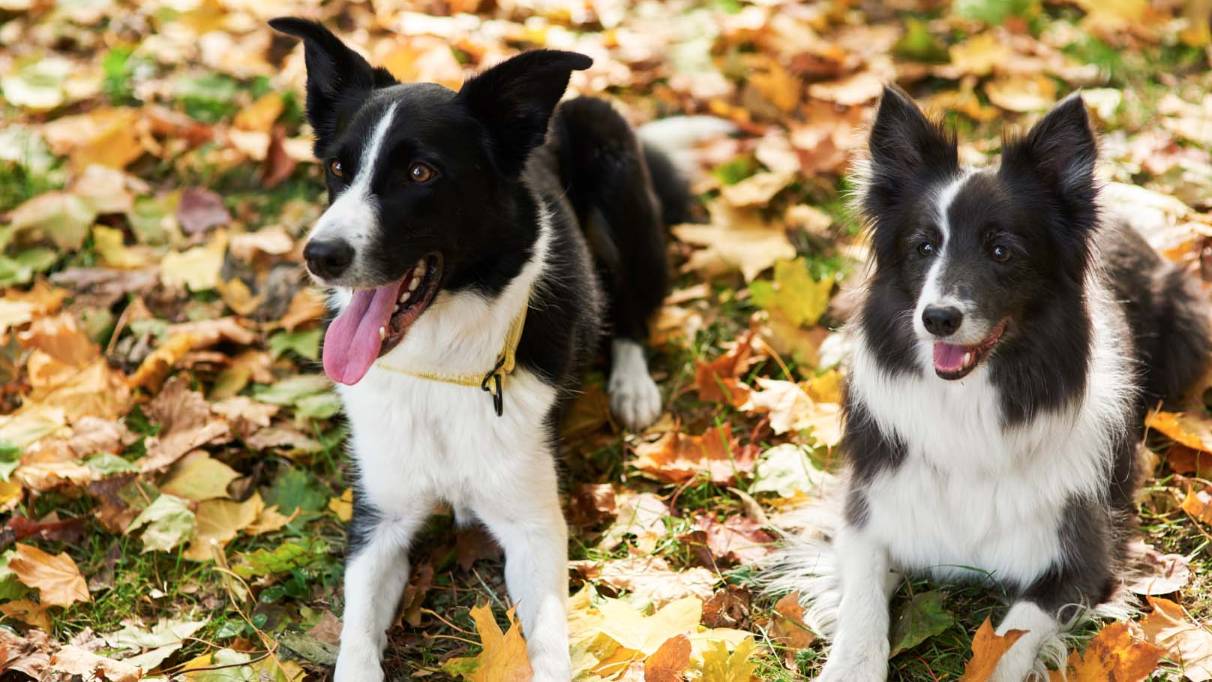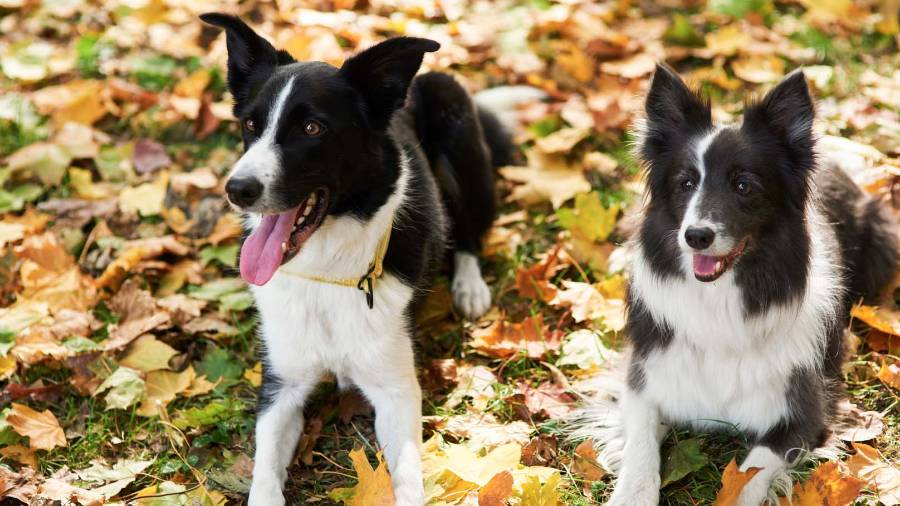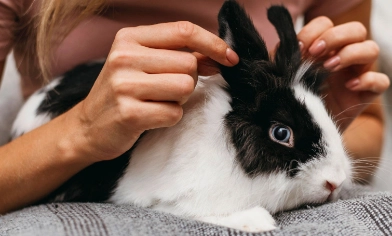Supporting your dog’s health
It’s no secret that the UK is a nation of dog lovers. And whether you’re a seasoned dog owner or are thinking of welcoming a new pup into your family, it’s essential to know as much as we can about our furry friends to keep them happy and healthy.
Every dog breed has its own health needs and risks. By understanding what your dog might be prone to, you can make better choices to support their wellbeing and lifestyle.
To make things easier, we’ve rounded up the 10 most popular dog breeds in the UK for 2024, as identified by The Kennel Club. You’ll find common health issues for each breed, tips on how to manage them and why having pet insurance can be so important for peace of mind.
























